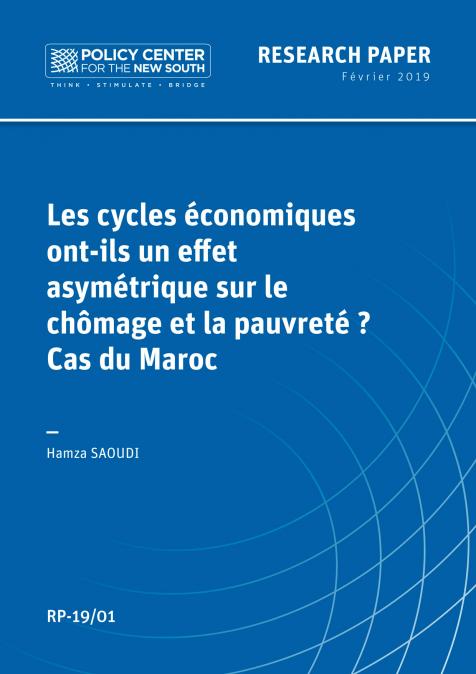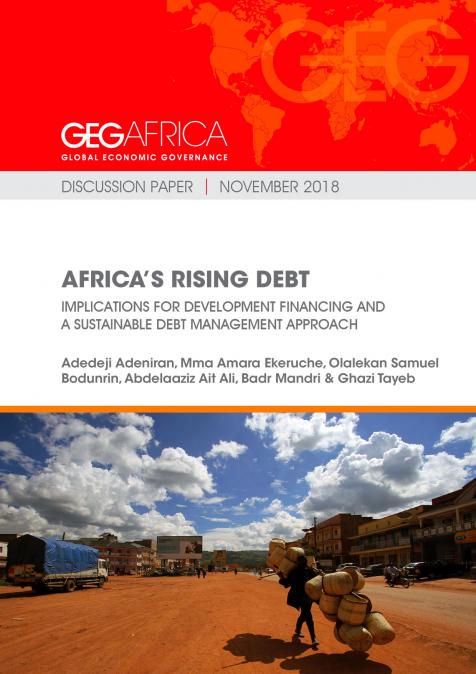Otaviano Canuto, Policy Center for the New South After peaking in 2007 at around 6% of world GDP, global current-account imbalances declined to 3% of world GDP in the last few years. But they have never left entirely the spotlight, albeit acquiring a different configuration from that which marked the trajectory prior to the global financial crisis (GFC). This is not because they threaten global financial stability, but mainly because they reveal asymmetries in adjustment and post-GFC recovery between surplus and deficit economies, and because of the risk of sparking waves of trade protectionism. They also reveal the sub-par performance of the global economy in terms of foregone product and employment, i.e. a post-crisis global economic recovery below its potential.







